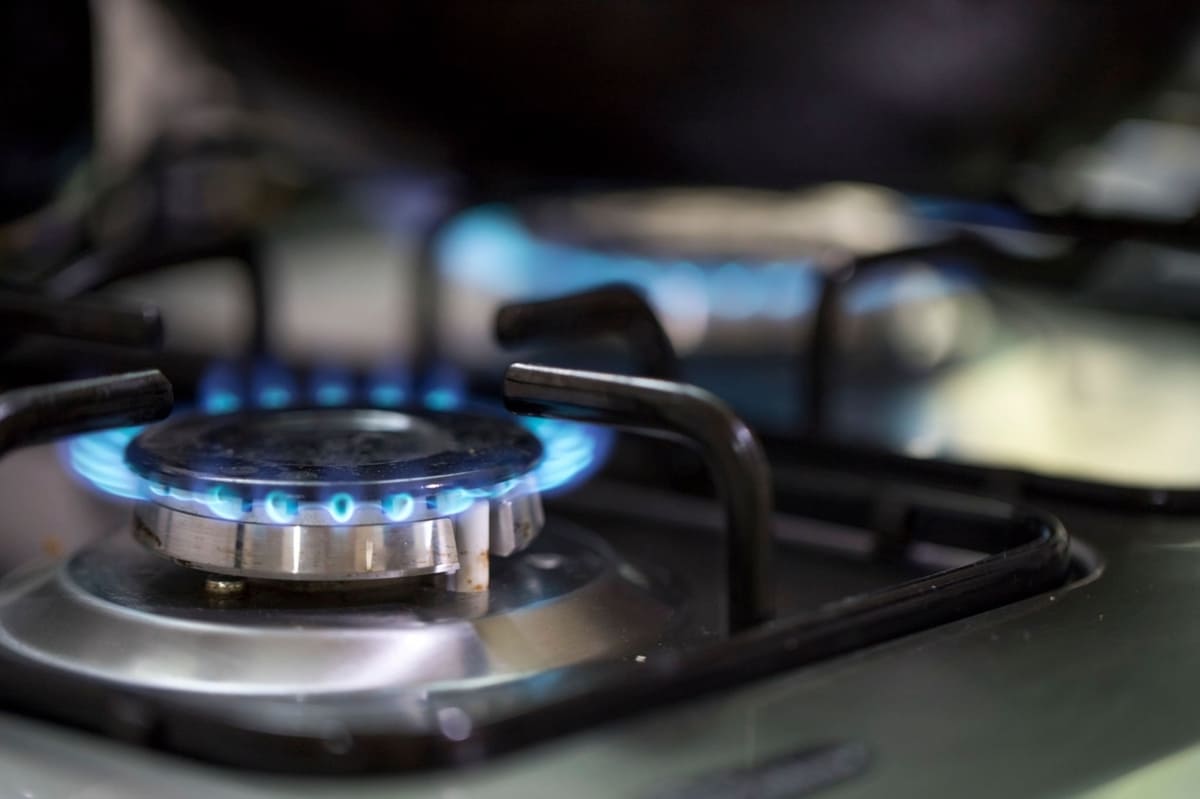Gas stoves have been a staple in American homes for decades. However, recent concerns about their impact on health and the environment have caused some to question whether they should be banned. The topic of gas stove bans has been a subject of debate among policymakers, environmentalists, and the public.
Despite rumors that the Biden administration is planning to ban gas stoves, this is not the case. The Consumer Product Safety Commission, which is an independent agency, is currently studying gas stove emissions and seeking public input on the issue. While there are no federal laws or guidelines in place requiring gas stove emissions to be vented outdoors, some cities and states have already banned gas in new buildings.
What is the Ban on Gas Stoves?
Gas stoves have been a staple in American kitchens for decades. However, there has been a growing concern about the potential health and environmental hazards associated with gas stoves. As a result, some people are calling for a ban on gas stoves. In this section, we will discuss the reasons behind the ban and how it might be implemented.
Reasons for the Ban
One of the main reasons for the proposed ban on gas stoves is the potential health hazards associated with them. Gas stoves emit toxic chemicals such as nitrogen dioxide, carbon monoxide, and formaldehyde, which can be harmful to human health. These chemicals can cause respiratory problems, aggravate asthma, and increase the risk of cancer.
Another reason for the proposed ban is the environmental impact of gas stoves. Burning natural gas in stoves contributes to greenhouse gas emissions, which contribute to climate change. In addition, gas stoves also emit other pollutants that can harm the environment, such as volatile organic compounds (VOCs) and particulate matter.
Implementation of the Ban
If the ban on gas stoves is implemented, it would mean that gas stoves would no longer be sold or installed in new homes. However, it is important to note that the ban would not affect existing gas stoves in homes. Homeowners would still be able to use their existing gas stoves, but they would not be able to replace them with new ones.
The implementation of the ban would require changes to building codes and regulations. The U.S. Consumer Product Safety Commission (CPSC) would need to work with state and local governments to ensure that the ban is enforced. There would also need to be a transition period to allow manufacturers to shift to producing electric stoves and for consumers to adjust to the new regulations.
In conclusion, the proposed ban on gas stoves is being considered due to the potential health and environmental hazards associated with them. If implemented, the ban would mean that gas stoves would no longer be sold or installed in new homes. However, existing gas stoves would not be affected, and homeowners would still be able to use them.
Impact of the Ban
Environmental Impact
If gas stoves are banned, it could have a significant positive impact on the environment. Gas stoves emit carbon monoxide, nitrogen dioxide, and other pollutants that contribute to air pollution and climate change. The use of gas stoves also contributes to indoor air pollution, which can have negative health effects on individuals. By banning gas stoves, it could help reduce the carbon footprint of households and improve air quality.
Economic Impact
The economic impact of a gas stove ban would depend on the alternatives available. Electric stoves are a common alternative, but they are often more expensive to purchase and operate than gas stoves. This could create a financial burden for households that cannot afford to make the switch. Additionally, a ban on gas stoves could have a significant impact on the restaurant industry, particularly Asian restaurants that rely on gas stoves for flash frying.
Social Impact
A ban on gas stoves could have a social impact on households and communities. For households that rely on gas stoves for cooking, a ban could be seen as an infringement on their way of life. It could also create a divide between households that can afford to make the switch to electric stoves and those that cannot. Additionally, a ban on gas stoves could have a negative impact on the restaurant industry, particularly small businesses that cannot afford to make the switch to electric stoves.
Alternatives to Gas Stoves
Gas stoves are getting a lot of attention lately due to their potential hazards. If you are one of the many people who are worried about the possibility of a gas stove ban, don’t worry, there are alternatives. In this section, we will discuss some of the most popular alternatives to gas stoves.
Electric Stoves
Electric stoves have been around for a long time and are a popular alternative to gas stoves. They are easy to use, and they come in a variety of styles and sizes. Electric stoves are also relatively inexpensive and require less maintenance than gas stoves. They are also safer since there is no open flame, and they are more energy-efficient than gas stoves.
Induction Cooktops
Induction cooktops are another popular alternative to gas stoves. They use magnetic fields to heat the cookware directly, making them more energy-efficient than gas stoves. They are also safer since there is no open flame, and they are easy to clean. Induction cooktops are more expensive than electric stoves, but they are worth the investment if you are looking for a safer and more energy-efficient alternative to gas stoves.
Solar Cookers
Solar cookers are a unique alternative to gas stoves that use the power of the sun to cook food. They are an excellent option for people who want to reduce their carbon footprint and live off the grid. Solar cookers are also easy to use and require no fuel or electricity. They are also relatively inexpensive and come in a variety of styles and sizes.
Challenges to the Ban
Resistance from the Industry
The gas stove industry has been resistant to the idea of a ban on gas stoves. They argue that gas stoves are safe and reliable, and that there is no need to ban them. The industry also argues that a ban on gas stoves would be costly and would result in job losses.
Resistance from Consumers
Many consumers are also resistant to the idea of a ban on gas stoves. They argue that gas stoves are easy to use and that they prefer the taste of food cooked on gas stoves. Some consumers also argue that electric stoves are more expensive to operate than gas stoves.
Regulatory Challenges
There are also regulatory challenges to a ban on gas stoves. The federal government would need to pass legislation to ban gas stoves, and this legislation would likely face opposition from the gas stove industry and from consumers. Additionally, state and local governments would need to enforce the ban, which could be difficult and costly.
Despite these challenges, there is growing support for a ban on gas stoves. Supporters argue that gas stoves contribute to air pollution and climate change, and that a ban on gas stoves would help to reduce these problems. Additionally, supporters argue that electric stoves are becoming more affordable and more efficient, making them a viable alternative to gas stoves.
Conclusion
The rumors of a ban on gas stoves have caused a lot of controversy and concern among homeowners and the media. However, it is important to note that there is currently no federal ban on gas stoves in the United States. While some states and cities have implemented regulations to limit the use of gas appliances, such as California’s ban on new gas connections in some buildings, a federal ban is not imminent.
It is clear that gas stoves can pose health and environmental risks, including the release of harmful pollutants such as methane and benzene. However, it is also important to consider the practicality of a ban on gas stoves. Many households rely on gas stoves for cooking, and alternative cooking methods may not be feasible or affordable for everyone.
Instead, steps can be taken to limit the risks associated with gas stoves, such as improving ventilation in kitchens and using vent hoods. Homeowners can also consider switching to electric or induction cooktops, which are more energy-efficient and emit fewer pollutants.
Overall, while the debate over gas stoves and their potential ban continues, it is important for individuals to be informed about the risks and to take steps to minimize them in their own homes.



